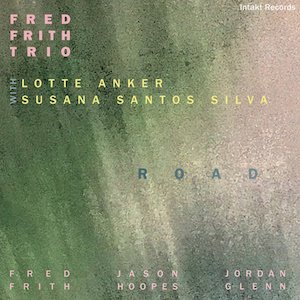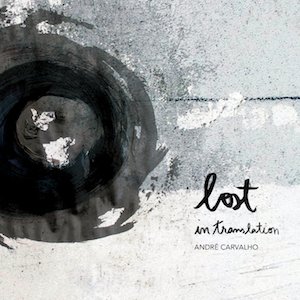Label: Self released, 2021
Personnel - Mehdi Nabti: alto saxophone; Joy Anandasivam: electric guitar; Nicolas Lafortune: electric bass; Bertil Schulrabe: drums, tabla; Kullak Viger Rojas: timbales.
There are remarkable musicians who, deeply reverent of their roots and influences, bring them into modern jazz aesthetics with successful outcomes. Examples include Rudresh Mahanthappa, Rez Abbasi, David Virelles, Hafez Modirzadeh and Amir ElSaffar.
The Montreal-based saxophonist Mehdi Nabti also claims a space for himself, whether applying his Afro-Berber continuum or specific patterns associated with geomancy, as it is the case with this new recording, Code Source. He has been using this latter method intermittently for a decade now, fostering it to further development here with the help of his pliant Prototype group.
“Anzar” boasts a punchy funky rhythm and a bass groove in 10 on top of which a melodic figure suggests an Eastern dance form. Also progressing with odd-meter, “Barca” follows a similar recipe but with an infectious groove that feels very particular. Nabti’s phrasal and timbral agility are noticeable as well as the collective staccatos meant to impart a certain rhythmic stimulation.
“Chronos” puts on show a nimble, deliberate funk work on the core, featuring guitarist Joy Anandasivam in a tasteful solo uttered with the right amount of distortion and effects. The nature of this piece contrasts with “Gurzil”, a relaxing exercise that, gradually adding layers of sound, culminates with a melodious pop song feel. Exquisitely introduced by electric bass, the piece sees its well-developed backbone enriched with chordal guitar playing and percussion, after which Nabti rounds it out with expressive melody. Also infused with melody, “Teryel” denotes a different vibe but a similar meter signature when compared to “Mencey”.
The bass-drum foundation of Nicolas Lafortune and Bertil Schulrabe has a sextuple groove moving on “Beneharo”. Noticeable aspects here are: the guitar performing harmonic and rhythmic tasks, the sinuous eloquence and dancing quality of the Orient and sub-Saharan Africa in the saxophone trajectories, and a final vamp for the drummer.
Drawing stimulating ideas from the concept, Nabti and his peers engage in progressive rhythmic schemes that will keep the ears of fusion devotees well-glued to the music.
B+
Favorite Tracks:
02 - Barca ► 04 - Chronos ► 06 - Gurzil








































